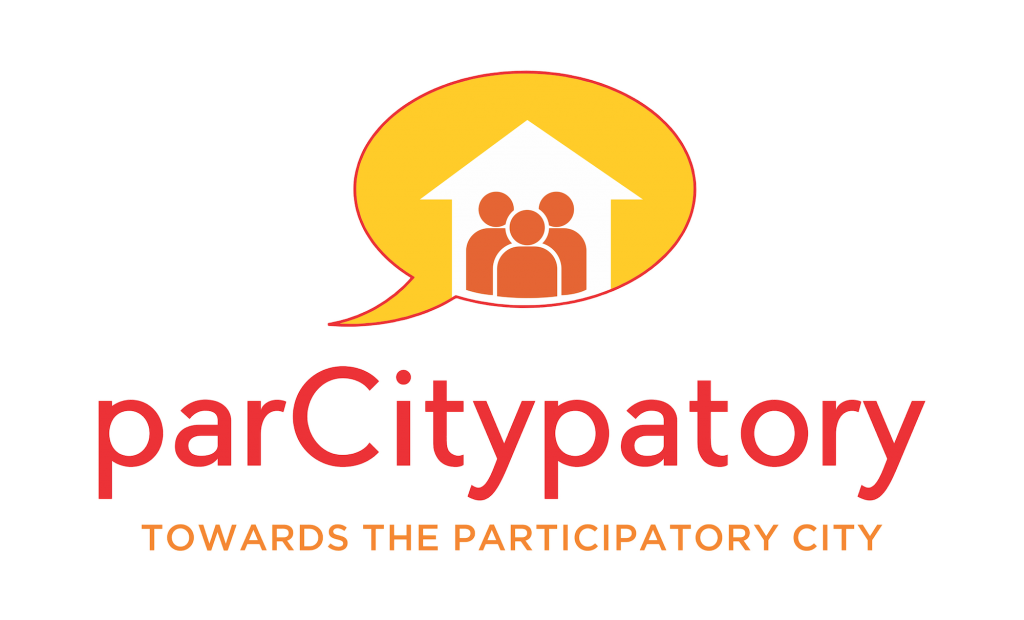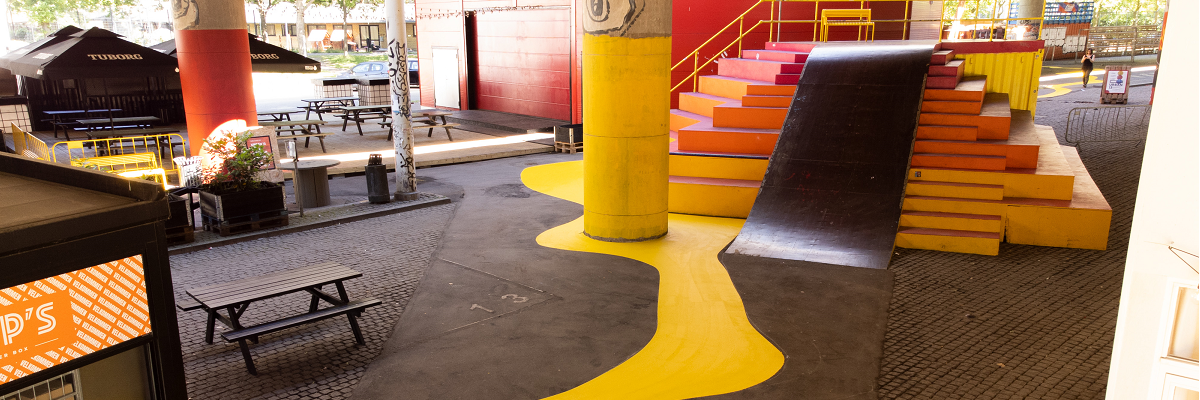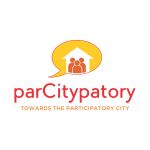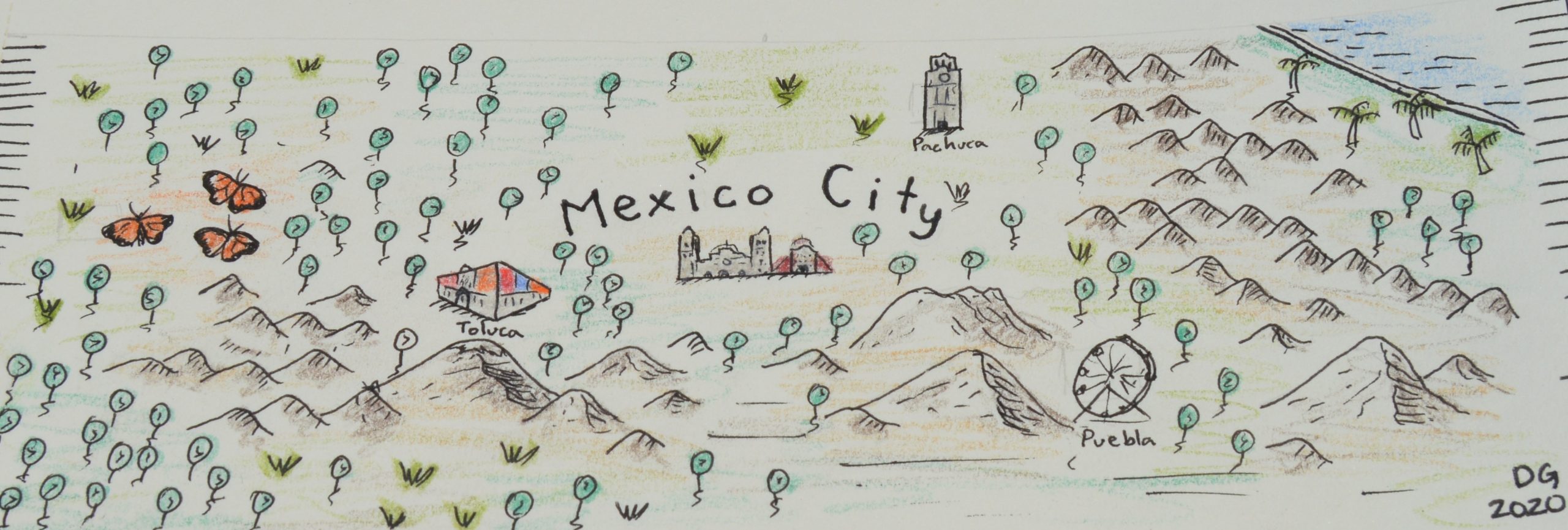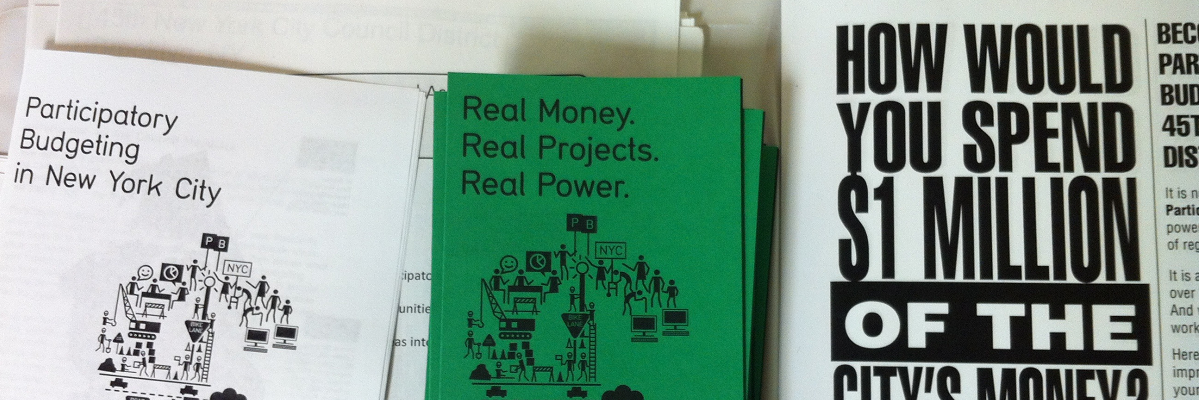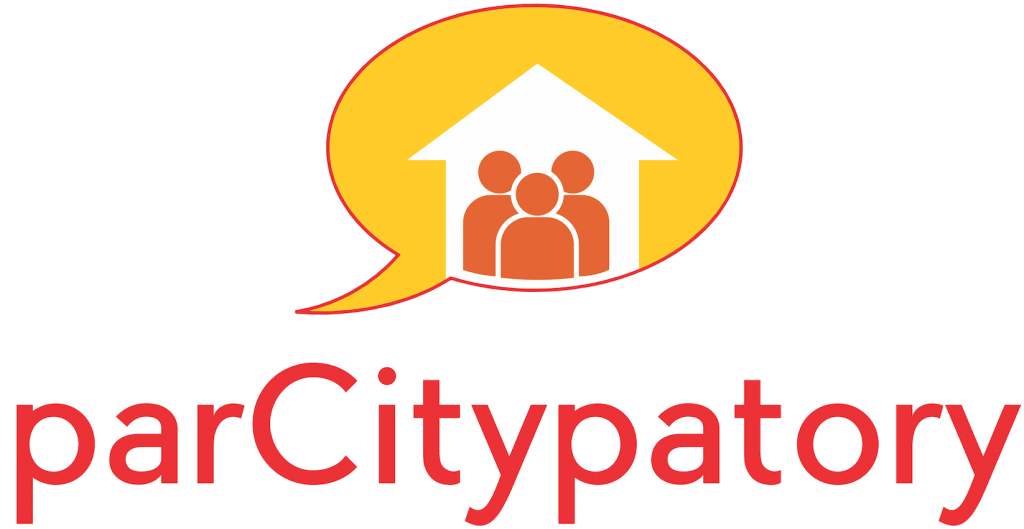The New Urban Agenda will need to factor collaborative development into the design of its implementing strategies, while ensuring that adequate investment is made in organizing communities for effective participation.
ARIANA K. MACPHERSON, Citiscope
Originally published on MAY 16, 2016
Last month, the Habitat III process turned its official focus to informal settlements and slums, just weeks ahead of the release of the first draft of the 20-year urbanization strategy that will come out of the Habitat deliberations — the New Urban Agenda.
While much progress has been made during the course of these discussions, significant gaps remain. These issues will now need to be addressed as member states begin negotiations on the New Urban Agenda, which is to be finalized at a summit in Quito in October.
The main event on this topic was the Habitat III Thematic Meeting on Informal Settlements, which took place in Pretoria, South Africa, in April. There, Shack/Slum Dwellers International (SDI) and other groups played a key role in drafting official input to the New Urban Agenda. Yet while the Pretoria Declaration succeeds in its inclusion of many of the core principles embodying the SDI’s work, it remains vague and overly lenient around some key concerns.
For instance, the declaration uses popular terms such as “inclusive” and “participatory” but without specific mention of how these words will translate into action on the ground. The New Urban Agenda must create space for the voice, experience and strategies of the urban poor in urban policy, planning and development.
Strategy development for the implementation of this agenda should factor collaborative development into programme design. Investments also must be made in organizing communities for effective participation. Without doing so, such rhetoric will only continue a trend that has resulted in years’ worth of empty promises for slum dwellers worldwide.
A key example — the Transforming the Settlement of the Urban Poor in Uganda (TSUPU) programme — was successful for exactly these reasons. By mobilizing federations of the urban poor through savings schemes, mapping and enumeration initiatives, and community-upgrading funds, this programme laid the groundwork for effective participatory development. Through the coming negotiations, the New Urban Agenda must now learn from such examples.
Where communities already exist
The Pretoria Declaration does well to make clear the need for a holistic approach to dealing with the issue of slums. The document recognizes that this issue is not about poverty or migration or land use in isolation, but rather about the dysfunctional way in which these issues combine with urban land markets and policies — a confluence that has systematically marginalized the poor the world over.
“The Pretoria Declaration uses popular terms such as ‘inclusive’ and ‘participatory’ but without specific mention of how these words will translate into action on the ground.”
Yet the declaration remains unacceptably lenient on one of the most violent, disruptive and unjust practices: forced evictions, which continue to threaten the lives of millions of urban poor worldwide. Eviction means the destruction of the assets of the poorest and most vulnerable, and the postponement of meaningful solutions to inclusive urban growth.
The declaration’s recommendations on this issue suggest merely that the New Urban Agenda “Considers encouraging states” to adhere to the United Nations recommendations on evictions and displacement. This is insufficient.
We must emphatically insist that the New Urban Agenda demand that no state carries out forced evictions of any kind. Let’s make sure that this document calls for a categorical end to this practice once and for all.
Instead, the state must prioritize local partnerships between government and organized communities of the urban poor in order to promote the co-production of in situ, incremental slum upgrading as an effective alternative to evictions and the default approach to dealing with inadequate, unsafe housing, infrastructure and basic services.
Slum upgrading includes any intervention that improves the physical conditions of an informal settlement and in turn enhances the lives of its inhabitants. For SDI, this ranges from the construction of sanitation blocks to drainage systems to settlement layout design to incremental housing improvements and more.
But the most critical component is that this process should happen in situ — where communities already exist. The urban poor locate themselves where they do for the same reasons as the rest of us: access to work, social and familial networks, and services such as transport, health care and schools. As such, relocations should always be a last resort.
In situations where a relocation is unavoidable — such as in floodplains and along railway lines — the New Urban Agenda must push governments and private developers to partner with organized communities of the urban poor and their support organizations to carry out systematic, secure, resettlement and relocation programmes in which decisions are made in conjunction with affected communities.

Community-driven data
Finally, as we move into the implementation phase of the New Urban Agenda and the recently agreed Sustainable Development Goals (SDGs), it will become increasingly critical that these processes be informed by robust data. In this, it is important that the Pretoria Declaration makes clear the need for “credible and timely data” — an issue on which the New Urban Agenda will need to follow suit.
“The urban poor can be transformed from being treated as a liability in city development to creative and innovative partners in changing our cities.”
Yet the declaration does not mention the benefits of community-driven data collection. This runs counter to SDI’s experience, which clearly suggests that such processes are most successful when data is collected by slum dwellers about the communities in which they live.
Data collection serves as a critical tool for the empowerment of these communities and as a powerful basis from which to enter into partnerships with their local governments about development priorities and upgrading needs. Urban development policy and practice must be informed by the uniquely rich information that urban poor federations gather through settlement and city-wide community-driven data collection, including profiling, enumeration and mapping.
In one of SDI’s newest affiliates, the Liberian federation has profiled one of the most tenure-insecure settlements in Monrovia — West Point, located on a peninsula that juts out between the Atlantic Ocean and the Mesurado River. Because of coastal erosion and pressures to “clean up” the city and claim prime land, the community lives under the constant threat of eviction.
In May 2015, a team made up of slum dwellers and professionals from across the SDI network led a slum profiling and mapping exercise in West Point. This effort found that the settlement is home to more than 65,000 inhabitants, mostly living in overcrowded conditions with little to no access to sanitation. Of the 12 public toilets in West Point, only six are open for use. The vast majority of residents use “hanging toilets” — rudimentary structures built over the sea.
Toward the end of 2015, Liberian President Ellen Johnson Sirleaf appointed a task force charged with cleaning up the city, a body headed by controversial former Monrovia mayor Mary Broh. The Special City Beautification Task Force subsequently waged a fierce campaign of breaking down vendor stalls in road reserves, demolishing informal housing said to be illegally constructed, and arresting those believed to be connected to drug or prostitution rings.
West Point’s residents knew that the community’s hanging toilets were also on Broh’s list of structures to be demolished. While community members agreed that these do not constitute a long-term solution for West Point, they had obvious concerns about their removal.
So, community members called a meeting with city officials to present their profiling data. They were able to demonstrate that the situation would be much worse if the hanging toilets were suddenly removed and all 65,000 residents were forced to use the six working public toilets. Residents warned that a cholera outbreak would be likely and that the beach would again become littered with human waste. The community also highlighted their efforts to save and plan for the construction of new, safer toilets in the coming year.
These negotiation efforts were eventually rewarded. The task force agreed not to enter West Point and, instead, the community was allowed to take charge of a clean-up effort.
Overall, SDI’s activities on the global stage aim to fulfil our mandate of promoting a people-centred, citywide upgrading approach. Our advocacy work remains rooted in the experiences of grass-roots federations of the urban poor, and our international partnerships and activities are determined by the anticipated impact they will make on federations’ local processes.
As such, our main priority for the Habitat III process is that the New Urban Agenda reflects a few key priorities critical to contesting the status quo of the urban development arena. SDI’s experience demonstrates how the urban poor can be transformed from being treated as a liability in city development to creative and innovative partners in changing our cities.
Citiscope is a nonprofit news outlet that covers innovations in cities around the world. More at Citiscope. org.
